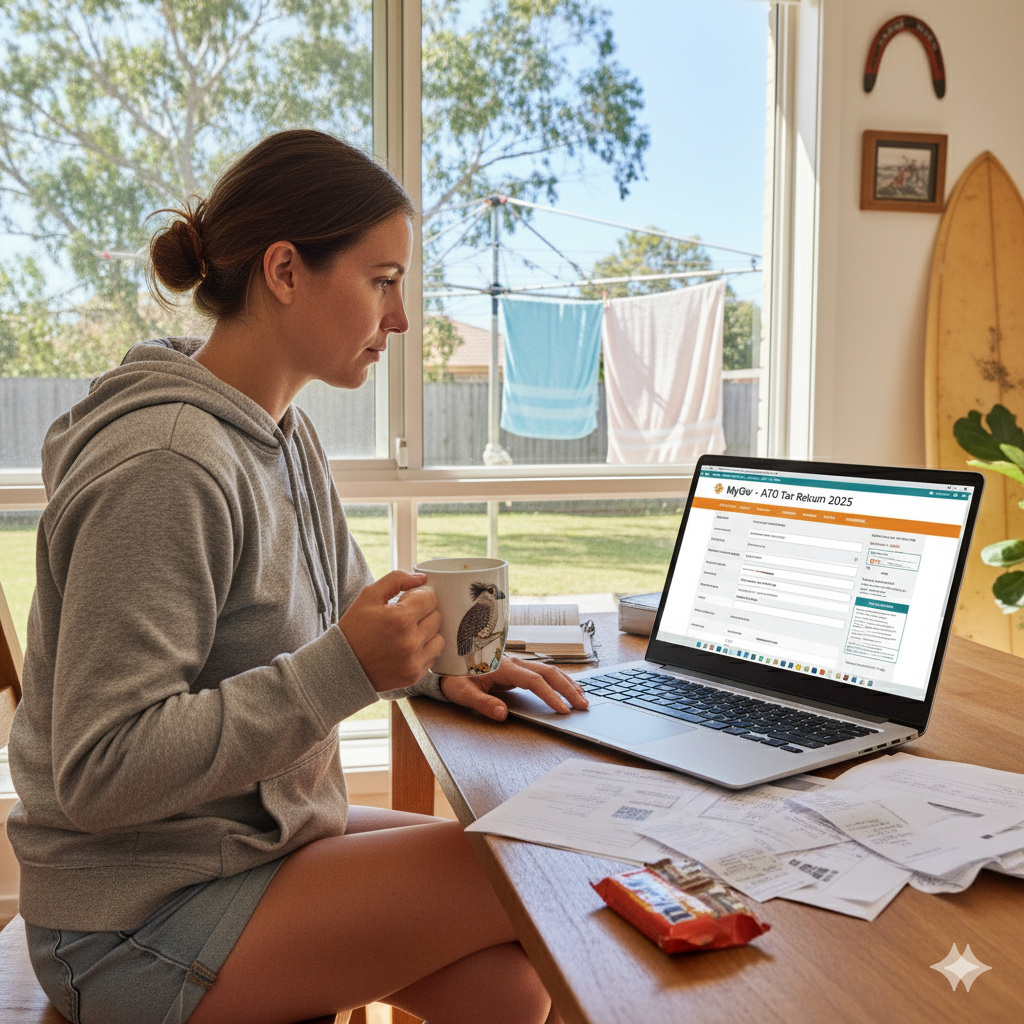Help your child grow their savings
Whether they’re stashing pocket money or saving for their first big purchase, a kids savings account can help teach your child smart money habits from a young age. These accounts often come with high interest rates and bonus incentives designed to reward regular deposits and minimal withdrawals – perfect for little savers learning the ropes.
But not all savings accounts for kids are created equal. Some offer better rates, lower fees, or more flexible conditions. That’s why we’ve compared a range of child-friendly savings accounts below, so you can find one that helps your young one build financial confidence while earning competitive interest.
How kids savings accounts work
Kids savings accounts work much like adult ones, but with a few key differences:
-
Higher interest rates: Many kids accounts offer bonus interest to reward good saving habits, like making regular deposits and avoiding withdrawals. These work similarly to adult bonus saver accounts – meeting monthly conditions unlocks a higher return.
-
Parental control: Accounts are typically opened in your name on behalf of the child, giving you oversight while they learn.
-
Age-based eligibility: Most banks offer accounts for kids under 14, with automatic transitions to youth or student accounts.
-
Fee-free features: Many come with no account-keeping fees, helping every dollar stay in your child's savings pool.
Want a broader look at your options? Visit our Savings Account hub to explore accounts for adults, students and more.
Tips to help your child become a super saver
Here are a few practical ways to make the most of a kids savings account:
-
Set savings goals together: Whether it’s a new bike or their first laptop, goal-setting gives saving real-world meaning.
-
Use round-up features: Some linked transaction accounts offer round-ups that transfer spare change into savings automatically.
-
Reward consistency: Help your child earn bonus interest by setting up regular deposits each month.
-
Review progress regularly: Sit down each month to track interest earned and talk about how their savings are growing.







































 Savings calculator
Savings calculator
 Budget calculator
Budget calculator



